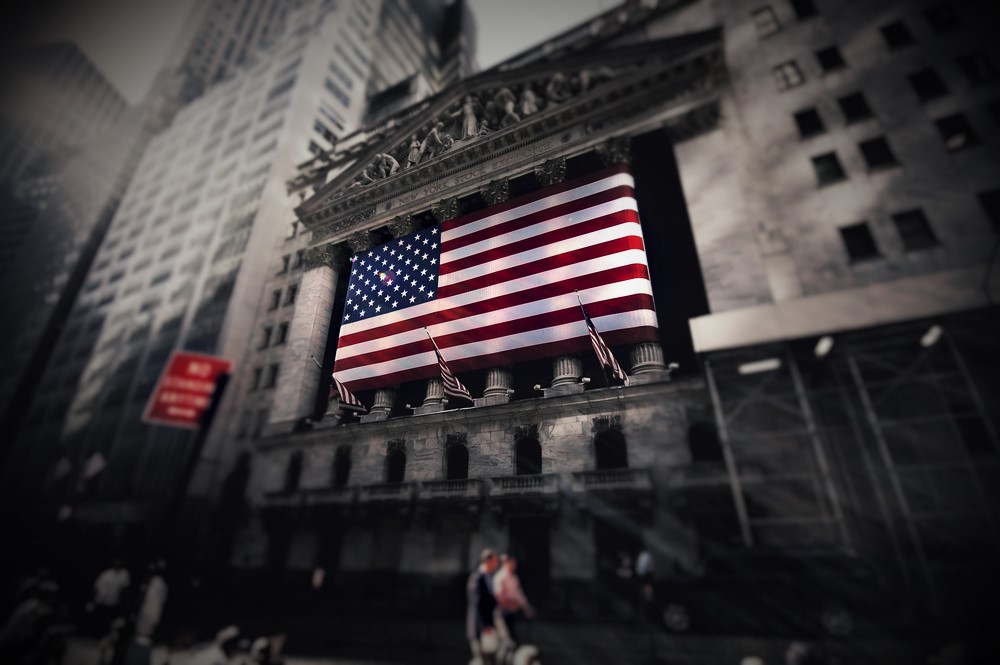The United States added just 20,000 jobs in February, way below expectations of a 180,000 gain, and a sign that the job market might be beginning to cool.
The unemployment rate fell slightly to 3.8 percent, the Labor Department reported today.
Economists did not immediately panic as hiring has been strong in recent months and they do not see one disappointing number as a signal of an imminent recession.
But the lackluster February figure comes as growth is slowing.
Economic growth abroad has weakened, and the partial government shutdown and ongoing trade tensions appear to be weighing on consumer spending.
Hiring was slow in every industry except health care and white-collar businesses.
Construction lost 31,000 jobs and leisure and hospitality, which is normally a driver of growth, was unchanged.
Wages grew 3.4 percent in the past year, the best annual gain since April 2009, when the United States was in the Great Recession.
The unemployment rate for Americans with who didn’t graduate from high school fell from 5.3 percent in February, the lowest level since the Labor Department began tracking that statistic in the early 1990s.
Bovino says it’s another sign that the job market is still strong enough that people on the sidelines are searching for jobs and finding work again after years of struggle.
“We’ve seen a spike in job postings that so ‘no experience necessary’ or ‘no prior experience required,’” said Julia Pollak, an economist at ZipRecruiter. “Employers really do seem hungry for workers and prepared to do more than they did in the past to develop talent when they can’t find talent.”
But some are concerned that the U.S. economy may be catching a cold as Europe, China and much of the developing world struggles.
U.S. stocks fell when trading opened, continuing a week-long slide.
The Dow Jones industrial average slid 200 points as investors worry about the weakening global economy and a growing likelihood that corporate profits will decline.
“The reality is the economy is slowing. The question now is whether it’s slowing for reasons associated with the trade war or because the rest of the world is slowing,” said Torsten Slok, chief international economist at Deutsche Bank. He called the February jobs number “slightly worrisome.”
Economists have been predicting hiring would slow down for awhile now. Job openings exceed the number of unemployed, meaning there aren’t many Americans left to hire and many companies complain they can’t find the talent they want.
The current labor market is widely viewed as the best since the start of the 2000s, most economists and business leaders say.
The last month when hiring was this slow was September of 2017, when only 18,000 jobs were added.
